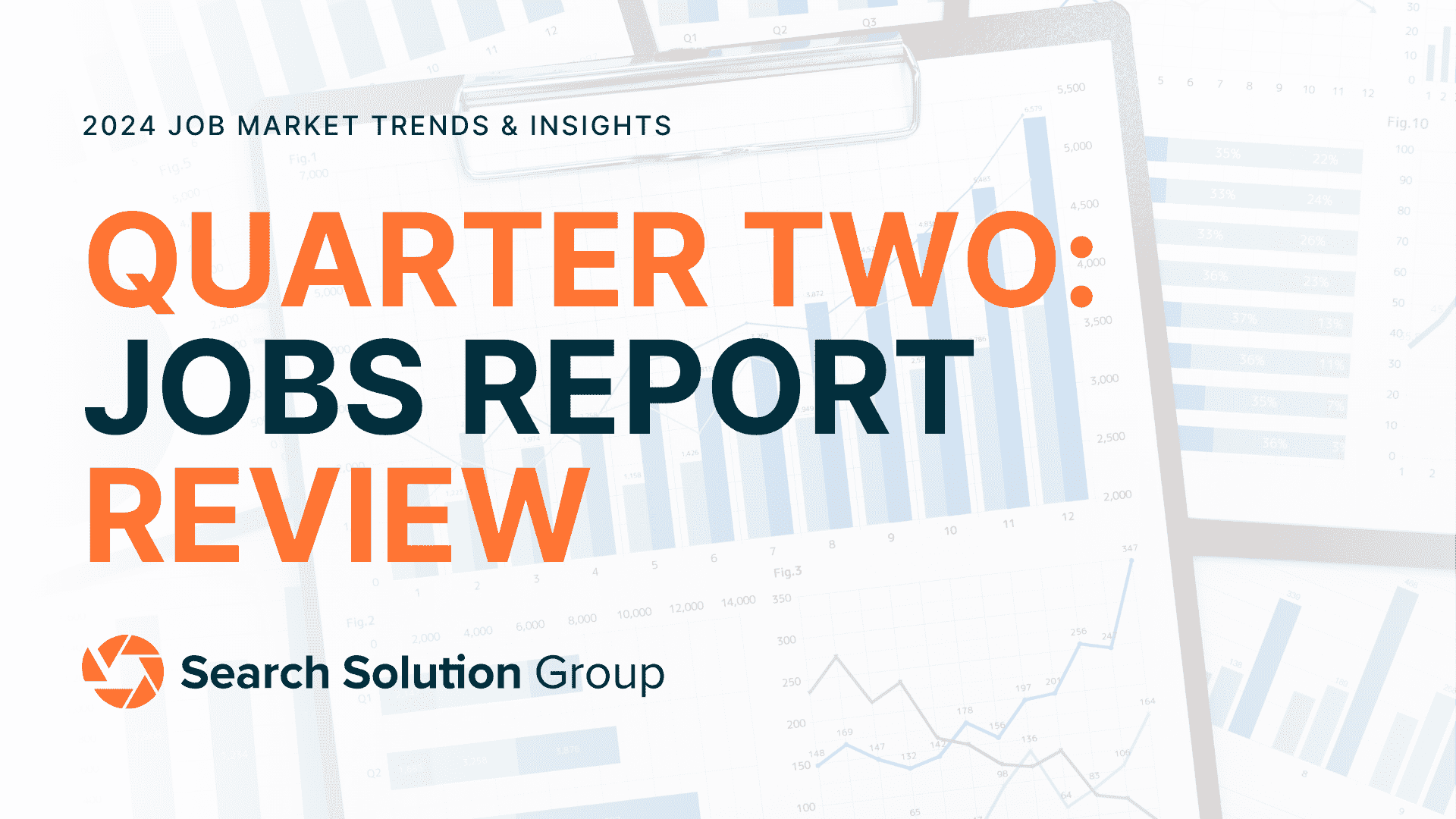Imagine you have an open position at your company and have decided to outsource hiring for the role. Before the process begins, you may face a question you weren’t expecting: Headhunters vs recruiters, which service do you need? To make this decision, you first must understand the difference between the two. While they’re often used interchangeably, there are key differences between passive recruiting techniques and a more active headhunting approach.
Headhunting vs. recruiting: what’s the difference?
Despite common misconceptions surrounding terminology, recruiting and headhunting aren’t the same thing. If you’re outsourcing your candidate search and placement to an agency, note the differences between these two types of job searches:
- Recruiters focus on active job seekers who respond to job postings or through networking recommendations. They screen candidates based on qualifications and suitability for the role and act as the point of contact throughout the recruitment process.
- Headhunters search for qualified candidates, regardless of whether they’re currently looking for new job opportunities. Headhunters will reach out to these candidates, initiate contact, and facilitate communication between the candidate and the company.
If you’ve chosen to engage a talent placement agency for either recruiting or headhunting services, you must understand the different approaches. Headhunting is more active and useful for finding top candidates who might be “off the market.” Conversely, recruiting is more passive and better suited for a broader search of active job seekers.
To ensure the best outcome, companies must identify their unique hiring needs and communicate them to a recruitment firm. By using the proper terminology and providing detailed job search criteria, businesses can help their recruitment partner properly approach the task of filling a position.
When you need a headhunter
When you are filling high-level leadership or executive positions, relying on a traditional recruiting approach may not be enough. This is when you need the expertise of a headhunter. Other situations when headhunting is ideal include:
- When you’re targeting top talent. Headhunters will contact potential candidates even if they’re currently employed with a competitor. They can contact these passive candidates confidentially and entice them to consider the opportunity.
- When there’s a narrow talent pool. With a headhunter, you don’t need to sift through a sea of resumes and conduct countless interviews. Instead, you talk to a smaller pool of candidates specifically qualified for the high-level role you’re seeking to fill.
- When discreet hiring is necessary. The headhunting process benefits companies seeking to avoid public job postings or word of mouth, which could tip off competitors about their intentions.
- When quickness and agility are desired. Traditional recruiting relies on posting job announcements and waiting for candidates to apply. Headhunters take a proactive approach, scouring the talent market to identify the best potential candidates quickly.
Corporate hiring managers must communicate clearly with their headhunters about their needs. Being prepared and providing a detailed job description and specific requirements for the position — such as education, experience, and industry knowledge — are paramount. Companies also should be clear about their expectations, including timelines and communication protocols.
Taking an active approach to fill high-level positions
A common misconception about headhunting is it’s a one-size-fits-all solution for all hiring needs. The truth is, headhunting is one of many recruitment tools at your disposal. At Search Solution Group, we work with clients to identify the best approach for their specific hiring needs. Sometimes this means a more passive recruiting approach, while other times it may involve a targeted headhunting campaign.
Of course, working with a headhunter is more than just finding someone with the right skills and qualifications. It’s also about identifying the right cultural fit for your organization. A good headhunter will take the time to understand your company culture and values as well as the specific requirements of the position to ensure they present only the best candidates for consideration.
Headhunting the right candidate for a critical role
When it comes to filling a role, it behooves companies to take a step back and examine their expectations for the position before seeking help from a talent placement agency. Are you hiring to fill a high-level, mission-critical role in your management group? Do you need someone with technical proficiency whom you can shape and grow from an entry-level position? Through either headhunting or recruitment, Search Solution Group will help you take the right approach.
Discover your perfect candidate at searchsolutiongroup.com.





